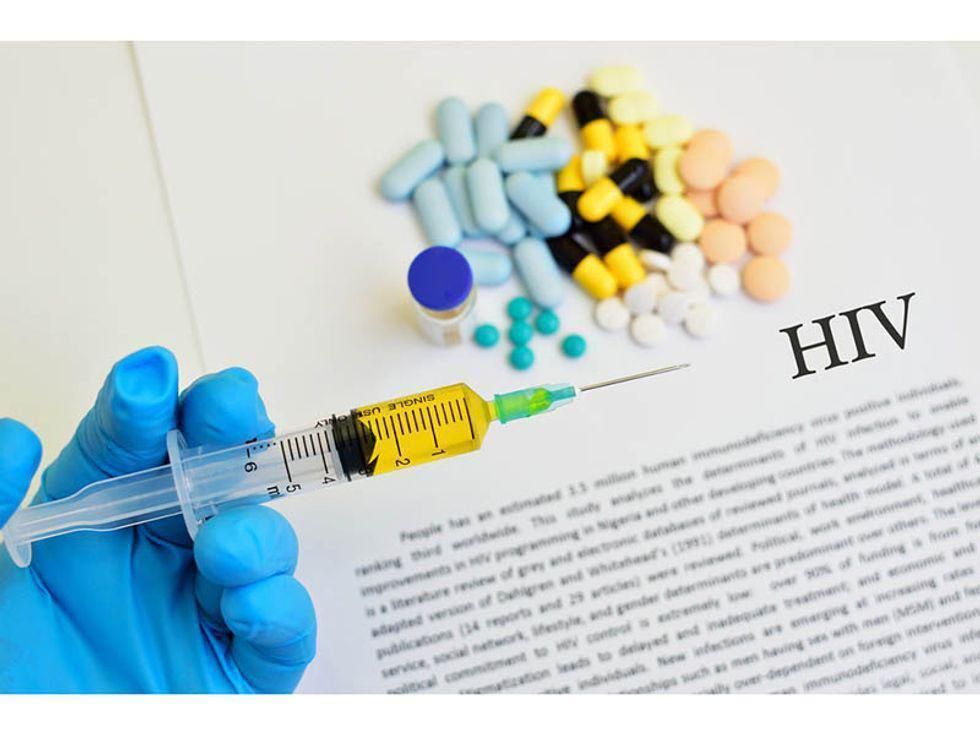
A four-in-one pill containing “ultra-low doses” of different medications can provide better blood pressure control than standard drug treatment, a new clinical trial from Australia shows. About 80% of people given the “quadpill” achieved a healthy blood pressure of 140/90 within three months and continuing out to a year, compared to 60% of people who… read on > read on >


















